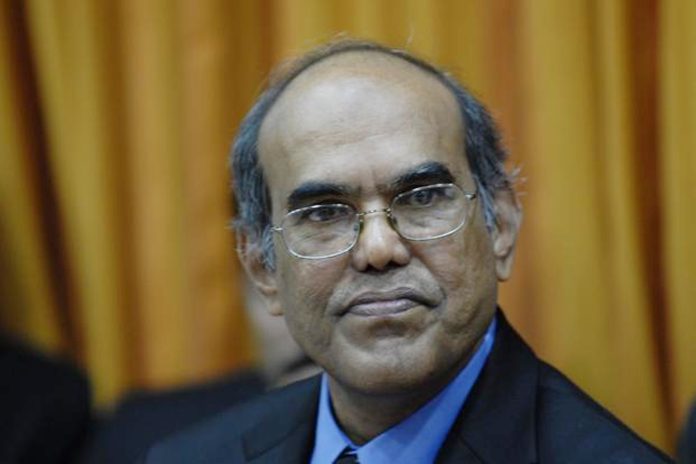NEW DELHI, May 2: If tax concessions announced by the government are treated as ‘presumptive loss’ by federal auditor Comptroller and Auditor General of India (CAG), it would diminish democracy and not enhance it, opined Former RBI Governor Duvvuri Subbarao.
Subbarao, who held various positions including the Union finance secretary, wrote in his new book titled ‘Just A Mercenary?: Notes from My Life and Career’ about his involvement in the decision-making on the pricing of the 2G spectrum, an issue that embroiled the UPA-2 government amid charges of mammoth corruption.
”If a democratically elected government decides to forego revenue in order to serve the larger public good of deepening telecom penetration, is it open to the CAG to substitute his own judgement for the government’s and call it a ‘presumptive loss’?” he asked.
Subbarao was responding to a question on the 2G scam case and the CAG’s investigation of the presumptive loss to the government during the UPA-2 period.
”If the CAG is allowed to enter into this issue, what could then stop him to go on logically to question every tax concession in the budget as a presumptive loss? ”Surely, that would diminish, not enhance, our democracy,” he told PTI.
Subbarao emphasised that the prerogative of the CAG to do a special audit of spectrum pricing is unquestionable.
”However, the CAG’s decision to go into the question of ‘presumptive loss’ to the government and the assumptions made in quantifying that loss is questionable on several grounds,” he said.
Arguably, Subbarao noted that it is possible to come out with a study that would in fact show a ‘presumptive gain’ to the government—that the overall benefits to the government far exceed the revenue foregone—by making assumptions that would be no less robust than those underlying the CAG methodology.
”More important than the estimate of presumptive loss, questionable as it was, is the CAG’s locus standi in questioning the right of the government to decide to sell spectrum at below market price,” he said.
In 2007, the Department of Telecom (DoT) under the erstwhile ministerial charge of A Raja of the DMK, a partner in the UPA coalition, determined that there was a case for licensing more 2G operators in each of the twenty-three telecom circles in the country in order to encourage competition in the sector.
The department consulted TRAI (Telecom Regulatory Authority of India), and TRAI, in turn, endorsed the need to increase the number of operators and recommended that fresh licensees should be given spectrum at the same price at which incumbent operators had gotten it, which was the price set in an auction in 2001.
The absence of a level-playing field, TRAI argued, would disadvantage fresh entrants and defeat the goal of deepening telecom services.
The 2001 cabinet decision stipulated that all future pricing of spectrum would be decided jointly by DoT and the Ministry of Finance.
”When the issue came to the finance ministry for opinion, I took the view that it would be inappropriate to sell spectrum in 2007–08 at a price set in 2001 and that we must rediscover the price through a fresh auction,” Subbarao wrote in his book.
According to him, the DoT wrote back to say that they saw no reason to revisit the pricing issue and that they preferred to go along with the TRAI recommendation.
”For sure, there was some logic to the DoT position. If the objective was to deepen telecom penetration, it made sense to keep the price of spectrum low; competition among operators would then ensure that the lower price was passed on to customers,” he noted.
Even as this disagreement on pricing remained unresolved, Subbarao wrote that the DoT went ahead and invited applications for licences in September 2007 and awarded 120 licences to 46 companies on January 10, 2008.
Although these licences were given away at the 2001 price, the licence agreement contained a clause that the price could be increased later to accommodate the possibility of the finance ministry’s view prevailing.
After stray reports began appearing that spectrum had been given away at a throwaway price, the CAG in a report tabled in the parliament in November 2010 concluded that the government had incurred a ‘presumptive loss’ of Rs 1.76 trillion by selling spectrum at below market price.
Trending Now
E-Paper


